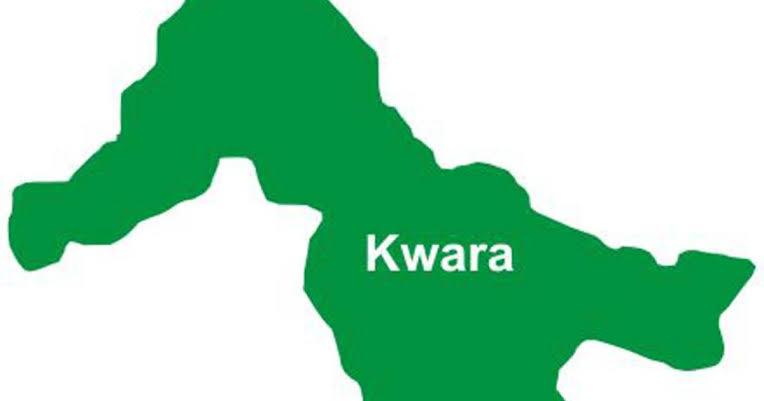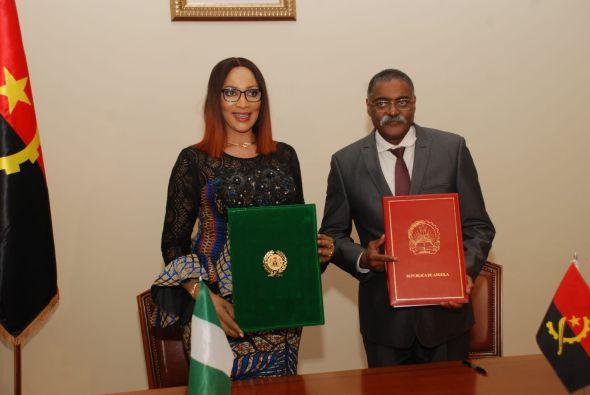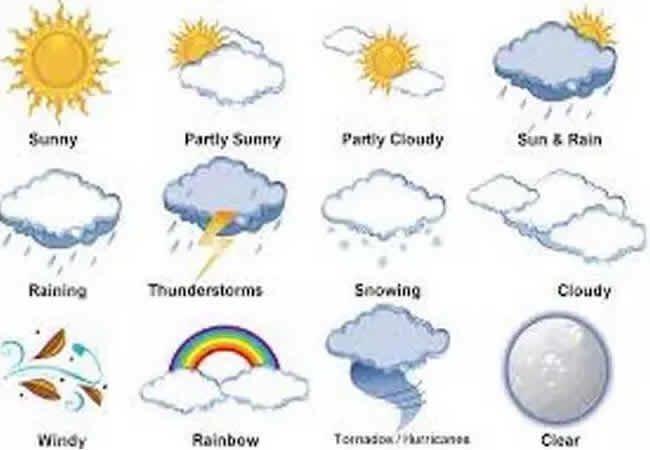Members of the Christian community in Kwara State have cried out over the alleged continuous reduction in the number of their members in governance since the advent of the Fourth Republic.
They are advocating for equitable representation in electoral positions in the state to reflect the alleged 45 to 55 per cent Christian/Muslim population ratio in the state.
According to The Hope, since 1999 to date, no Christian has emerged as the Governor of the 58-year-old state.
Since its inception, the only elected Christian Governor was Chief Cornelius Adebayo whose tenure was cut short after about three months in office by the junta led by Generals Muhammadu Buhari and Tunde Idiagbon.
According to the former Secretary of the Christian Association of Nigeria (CAN) in the state, Pa Olusola Ajolore, in an interview with The Hope in Ilorin, “Christian faithful, due to the lopsided political offices in Kwara, have become second-class citizens in their state. Unless something is done urgently, the situation will become worse.”
“Before now, out of six members of the House of Representatives in Kwara, at least two of them would be Christians. Even out of the three seats for the Senate, one of them would be a Christian. If you come to the State House of Assembly of 24 members, at least eight or nine of them would be Christians.
“At the local government level, out of 16 chairmanship seats, seven used to be Christians. But today, Christians have been badly relegated to all the aforementioned positions of political power,” Ajolore said.
The Public Relations Officer of the state CAN, Sina Ibiyemi, also added that at present, no Christian is representing the state at the National Assembly.
He said, “It has never been this bad for Christians in Kwara State. Even when the late Olusola Saraki was controlling the political affairs of the state, Christians used to have their slots, and this served as a succour to them. But today, we have no Christian Senator or House of Representatives member. We have the population, so this political relegation is disheartening.”
Ibiyemi described the development as “a calculated political extinction,” which the Christian community must rise to confront.
He urged followers of other religions not to misunderstand his stance on the need for more Christian recognition in politics in Kwara as “a fanatical move,” noting that democracy, as a form of government, ordinarily allows for more participation by adults of diverse faiths and cultures.
He urged Christian leaders in Kwara to jettison denominational issues and instead embrace the sensitisation of more of their members to actively participate in politics to change the narrative come 2027.









